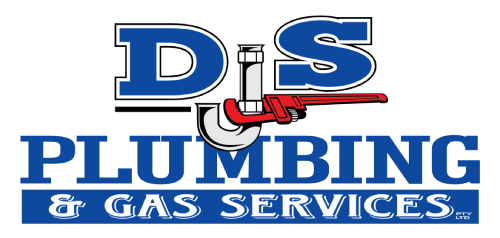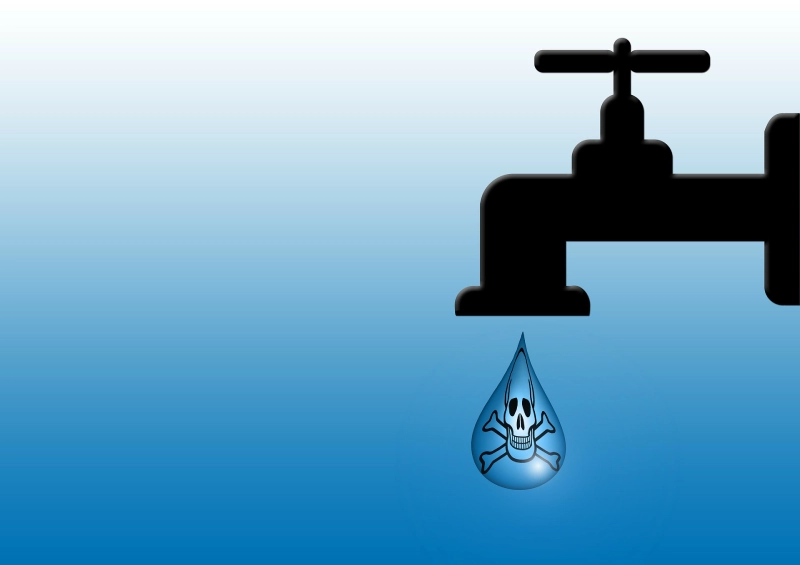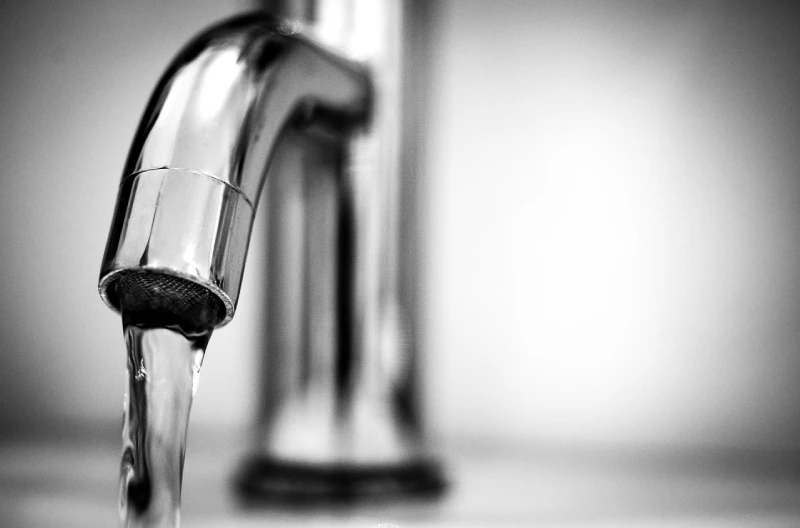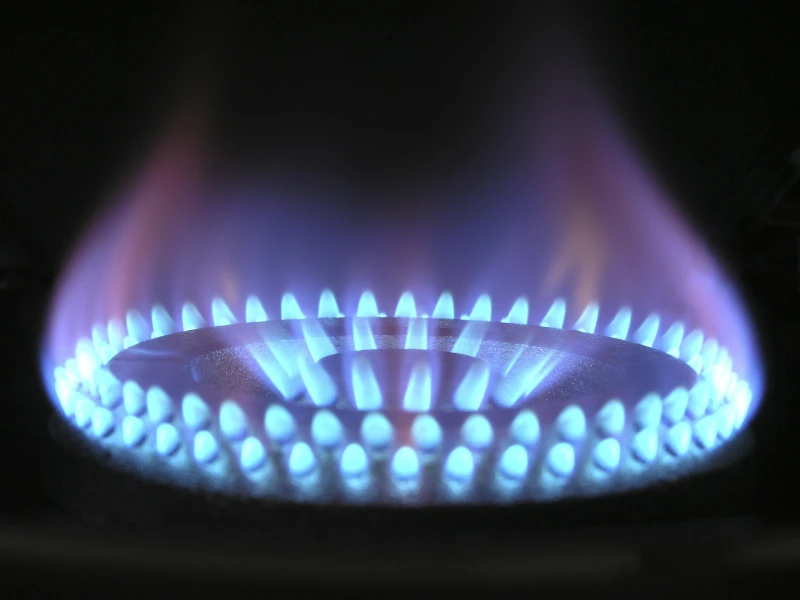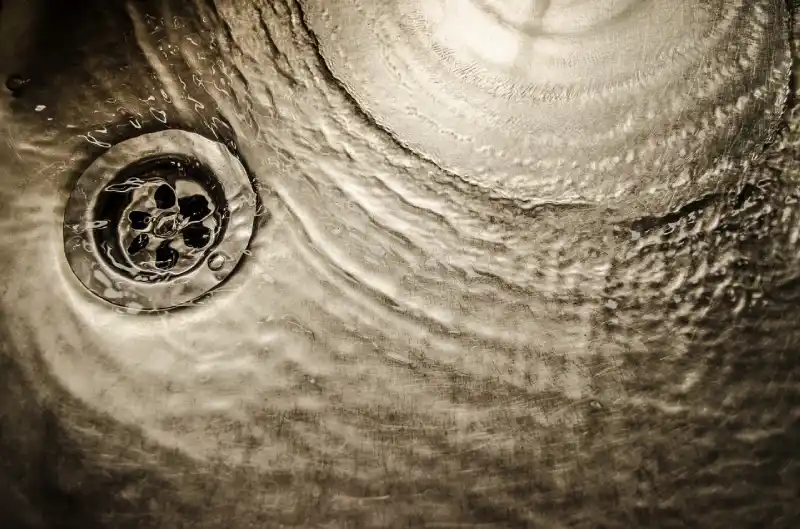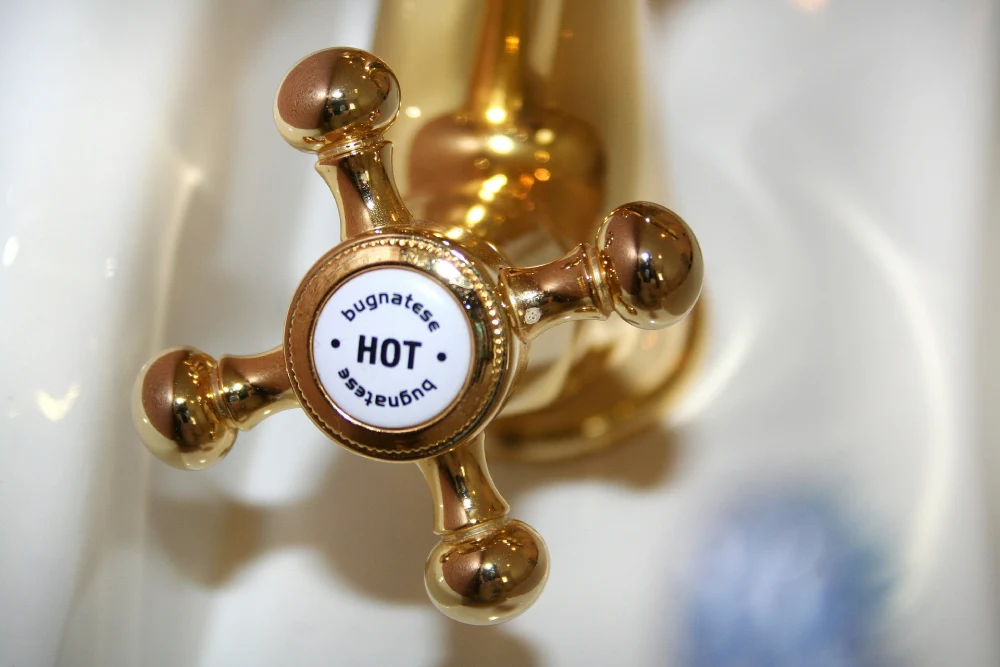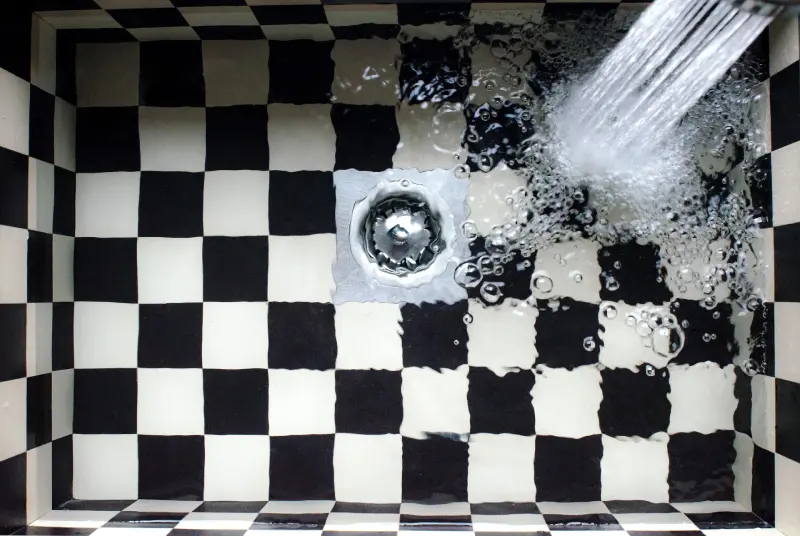Backflow allows polluted water to enter the mains water supply and it can cause significant risks to public health. This article explains how to identify and fix backflow risks to keep your community safe.
When is Backflow Most Likely to Occur
Backflow is a reversal of the normal direction of water flow. It occurs when back siphonage or back pressure allows contaminated water and other materials to enter a home’s drinking water pipe system.
Backflow is most likely to occur when the local council performs maintenance to the main water supply outside your property.
The maintenance work can cause a change in water pressure with contaminants from your home, pool, or garden flowing in the opposite direction into the mains. For example, pool chemicals can enter the drinking water if a hose is left in the pool and the water pressure changes leading to cross-contamination.
Backflow can also occur when a pipe bursts, the mains water is used to fill a water tanker or a pool, or when water is sourced for firefighting in commercial properties.
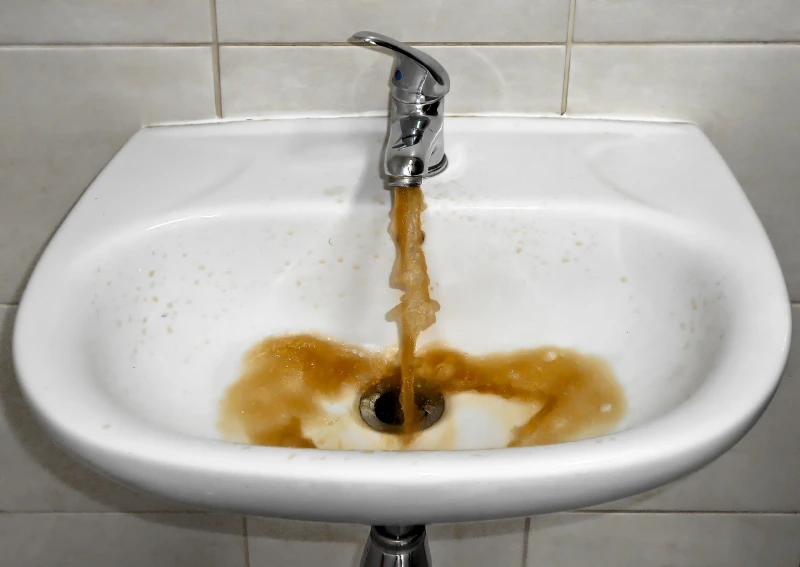
Backflow Detection
Backflow risks can go undetected for years unless a backflow prevention testing program is put in place by your local council). Faulty backflow prevention valves can also allow contaminated water to flow into the potable water supply, putting the health of residents and businesses at risk.
This is why regular backflow prevention testing and maintenance are needed to ensure that your plumbing systems are working correctly.
Plumbers are the front line in the detection of backflow issues. To help keep the community safe, plumbers receive ongoing professional training from industry groups, their skills are regularly assessed, and their licences are validated every five years.
Top 5 Backflow Risks for Brisbane Property Owners
The greatest risks from backflow include:
1. Irrigation Backflow
If your property has an irrigation system, it’s important to ensure that it is professionally installed and maintained to prevent the backflow of contaminated water into the potable water supply.
2. Water Outlet Contamination
Water outlets located near sources of contaminants, grease traps, or chemicals can pose a backflow risk if they are not properly protected.
For example, backflow can occur with taps when a hose is connected and it is placed inside contaminated holding tanks such as grease traps, buckets, and sinks.
3. Fire Hose Backflow
Fire hydrants and hose reels are designed to provide water in emergency situations, but they can also pose a backflow risk if they are not properly maintained.
4. Rainwater Tank Backflow
Underground rainwater tanks are popular in residential and commercial properties. If your property has an underground tank that is connected to the mains water supply, it’s important to ensure it is properly protected to prevent the backflow of contaminated water.
5. Machinery and Chemical Mixing Plant Backflow
Commercial, industrial machinery and manufacturing plants can also cause drinking water contamination. In particular, machinery and chemical mixing plants can pose a backflow risk where they are connected to the mains water supply.
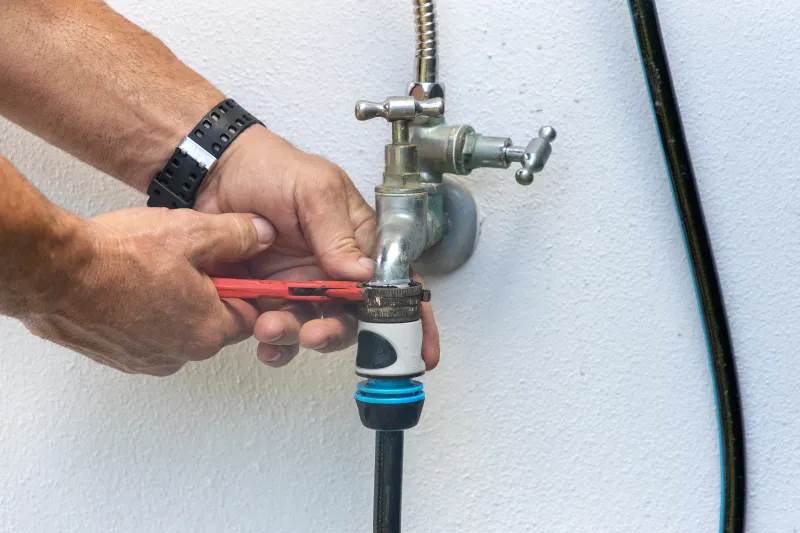
Backflow Testing Brisbane
If you are looking for reliable backflow prevention services in Brisbane, look no further than DJS Plumbing.
As one of Brisbane’s leading backflow prevention specialists, we provide a range of services related to backflow prevention to customers throughout the entire city, not just the northern end.
We offer backflow prevention testing and maintenance services to residential, commercial, and industrial properties with backflow valves.
Where we identify sources of polluted water and risks to a property’s water pipes, DJS Plumbing can install new devices and lodge the paperwork with the local council. We then recommend backflow solutions to stop the local water supply from being contaminated.
What are the Benefits of Backflow Testing
The benefits of backflow testing include:
Backflow Testing Improves Water Quality
Backflow testing can improve the overall quality of the water supply by identifying and correcting any issues that may affect water quality.
Testing Raises Awareness of Water Safety
Backflow testing can raise awareness of water safety issues among property owners and the general public, promoting a culture of responsible water use and management.
Backflow Testing Protects Public Health
Backflow testing ensures that the water supply remains free of contaminants that can pose a risk to public health.
Testing Prevents Cross-Connection with Non-Potable Water
Backflow testing can identify and prevent cross-connections between the potable water supply and non-potable water sources, such as irrigation systems or industrial processes.
Backflow Testing Ensures Compliance with Regulations
Backflow testing helps property owners comply with local and national regulations for water quality and safety.
Reduces Liability for Property Owners
Regular backflow testing can help reduce the risk of legal liability for property owners in the event of a contamination incident.
Reduces Insurance Costs
Insurance companies are increasing their premiums for properties that are in flood or overland flow zones. Property owners can reduce the risk of expensive excess fees and higher insurance costs by installing backflow prevention devices.
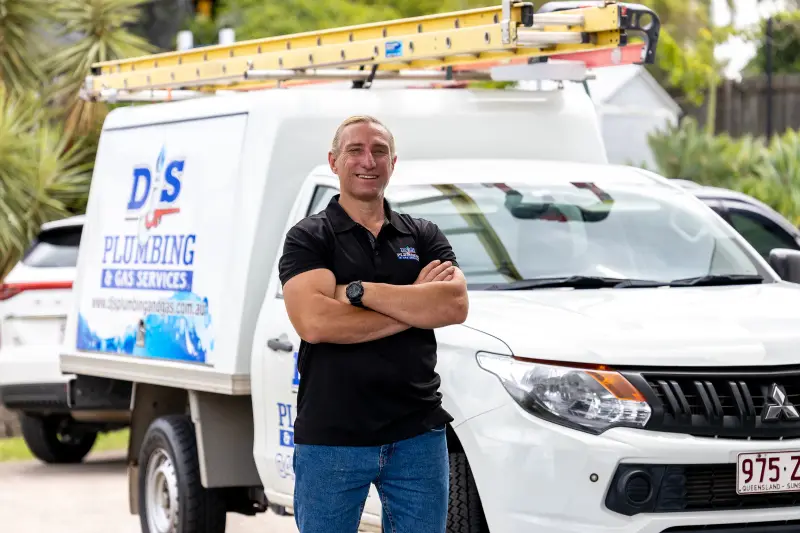
Installation of Backflow Prevention Devices
DJS Plumbing’s backflow prevention services include installation, maintenance, and repairs of reflux valves to ensure that your backflow prevention device is functioning correctly and effectively.
With DJS, you can have peace of mind knowing that a reflux valve can avoid your property from flooding during an extreme rain event such as a blocked drain downstream of your property.
Brisbane Backflow Prevention Certification
Where DJS Plumbing installs or tests backflow devices, we provide property owners with backflow prevention test results. We also lodge these results with the council.
Where a device is removed or replaced, we can also submit the relevant forms to your local council and the Queensland Building and Construction Commission (QBCC).
Contact us today to learn more about our backflow prevention services and how we can help protect your property’s water supply.
How Often Should Backflow Devices Be Tested?
Section 102 of the Queensland Plumbing and Drainage Regulation Act states that it is mandatory for owners of backflow prevention devices to have them tested at least once a year by a licensed plumber.
Prevention devices also need to be added to the local council register.
Brisbane property owners who have organised annual testing with DJS Plumbing can continue to have their devices tested at a set time each year through scheduling reminders.
DJS Plumbing – Your Trusted Back Flow Specialists
DJS Plumbing and Gas Services are master plumbers. We specialise in testing backflow devices, replacements, and maintenance.
If you have a backflow issue, call DJS Plumbing on 07 3060 8439.
